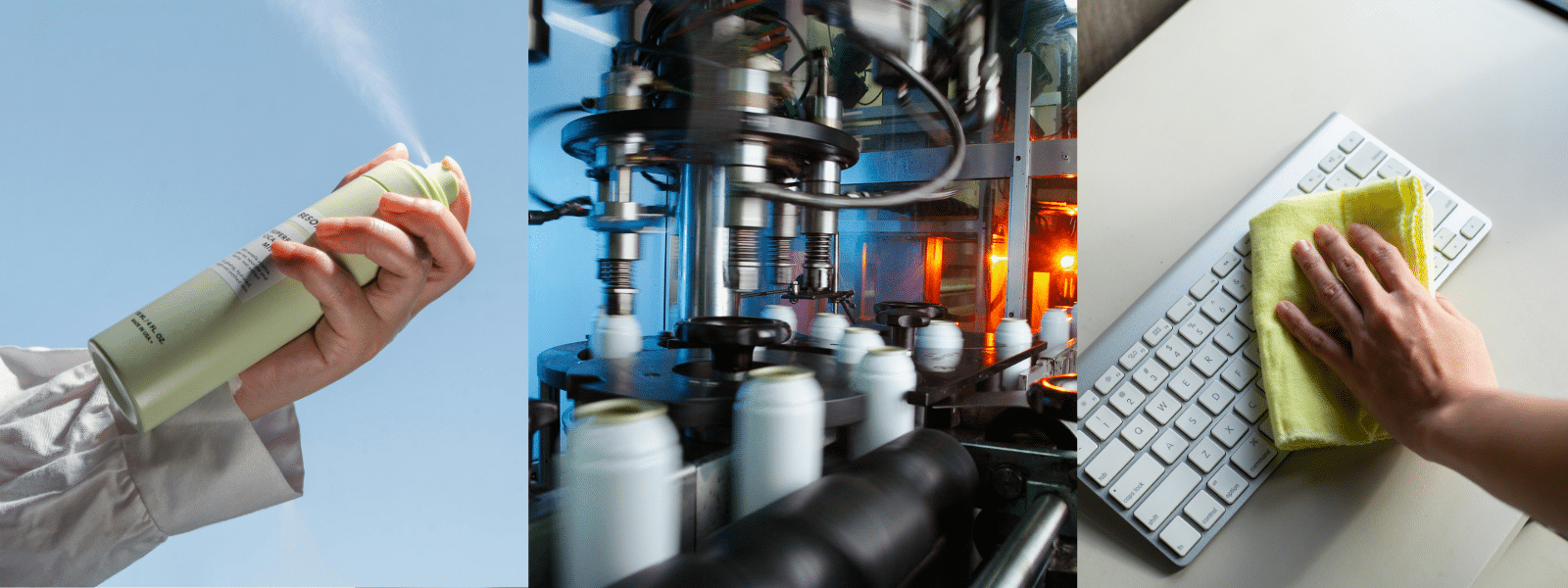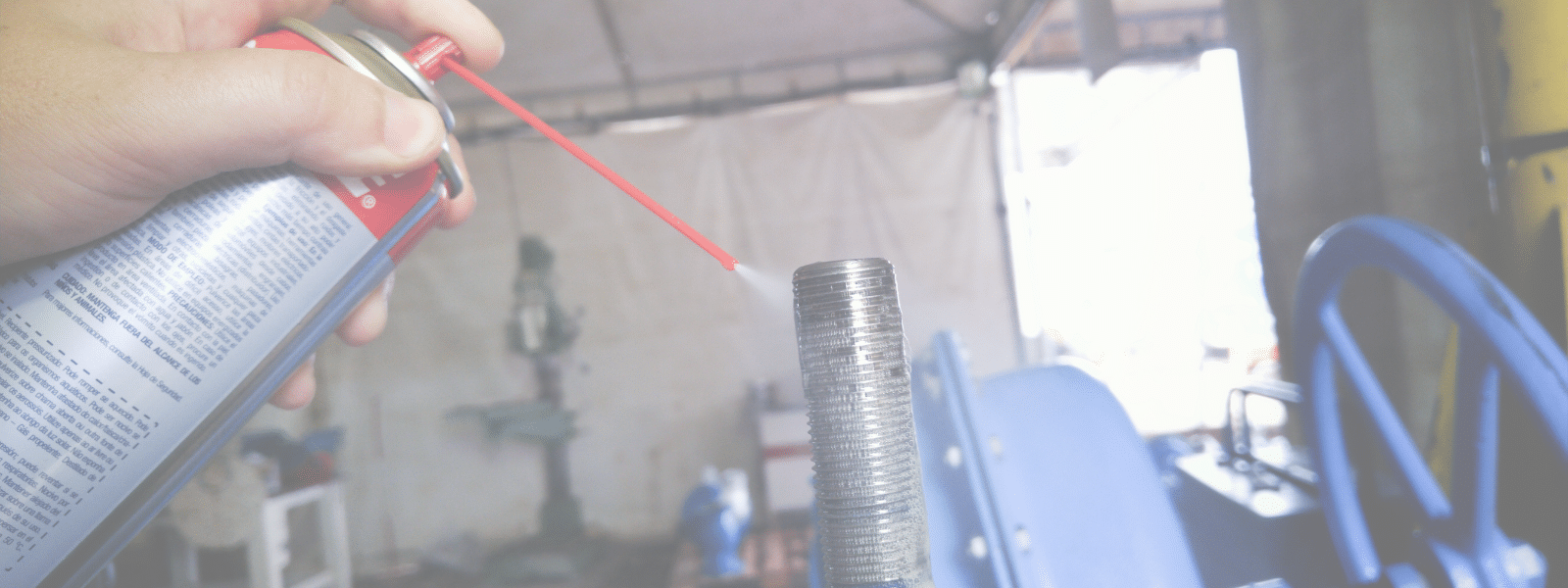Heptane and Hexane are both derived from crude oils. This origin means that they are made from petroleum, and that is why Heptane and Hexane are both commonly found in gasoline.
Heptane and the Octane Scale
Heptane and Hexane are both components of gasoline, but Heptane has its own special role in gasoline. Heptane helps to determine the Octane rating for fuel.
Pure Heptane has a zero rating on the octane. The higher the octane rating, the better a fuel is meant to be for your car’s engine, because the octane rating measures a fuel’s ability to resist engine knock at high compression.
Engine knocking is when an air-fuel mixture combustion occurs outside of front ignition combustion caused by the spark plug.
Heptane is highly flammable and very likely to combust, which is why pure Heptane fuel measure zero on the octane scale. Gasoline companies boast of “high-octane” fuel to let consumers know that their product is good for car engines–or to let people think that it is.
Toxicity
Both Heptane and Hexane are toxic, but Hexane is more toxic than Heptane. Both substances have highly flammable liquids and vapors.
Other Common Applications
Heptane and Hexane can both be used as solvents. Hexane is often utilized by the military and aerospace industries.
Both substances are used as industrial cleaners.
Heptane can be used for outdoor stove fuel, in rubber cement, and in certain paint coatings. Heptane is also utilized in anesthetics, cements, compounders, inks, lab reagents, organic synthesis, and as a general laboratory solvent.
Heptane and Hexane are used often to extract vegetable oils from seeds and plants. Hexane is used most often for this purpose.
Hexane residue is sometimes left on certain vegetables, such as soy-based foods, but it is a negligible amount that would be non-toxic upon ingestion.
Using Hexane to extract oils is more cost efficient and more environmentally friendly than the traditional method of using mechanical presses to retrieve soybean or other oils. This benefit is why the risk is worth the reward when it comes to using Hexane instead of the press method.
Pure Hexane is not used to extract vegetable oils, but rather a mixture of isomers used to comprise commercial grade Hexane.
Heptane and Hexane Safety and Handling
- Heptane and Hexane should be used in a well-ventilated area.
- Cause skin irritation.
- May cause drowsiness or dizziness.
- Toxic to organs upon prolonged exposure.
- Toxic to aquatic life.
If you would like to purchase Hexane or Heptane please call (800)-563-1305 or shop our commodity chemicals here.
















